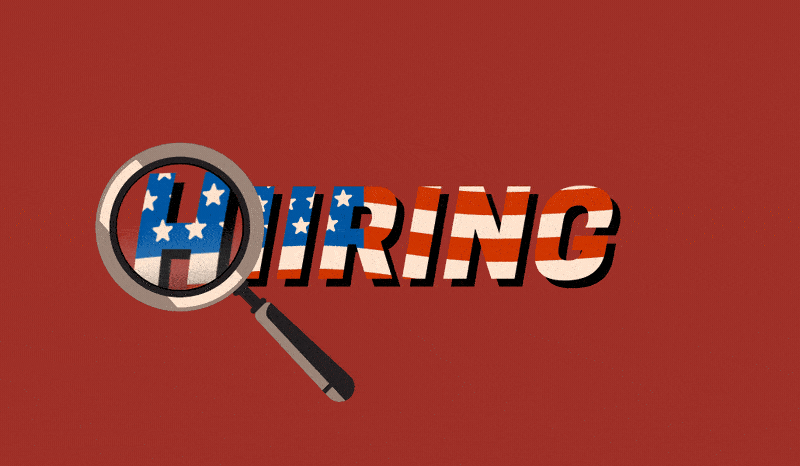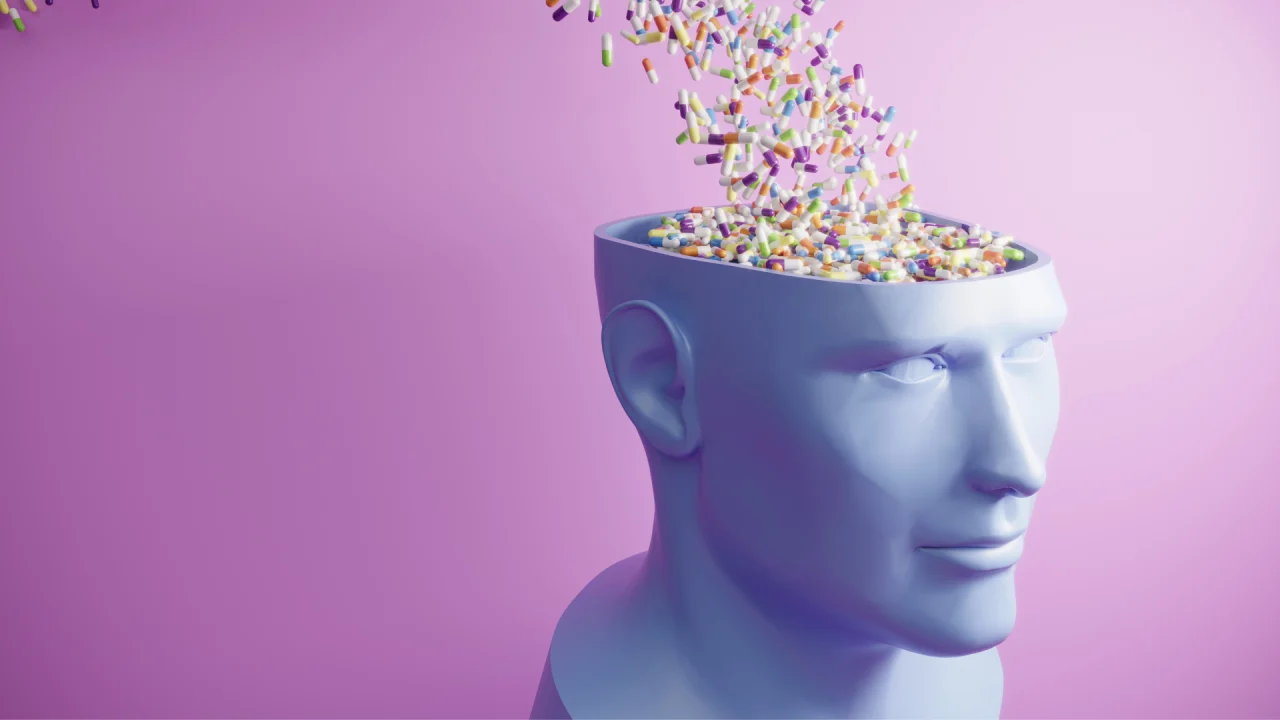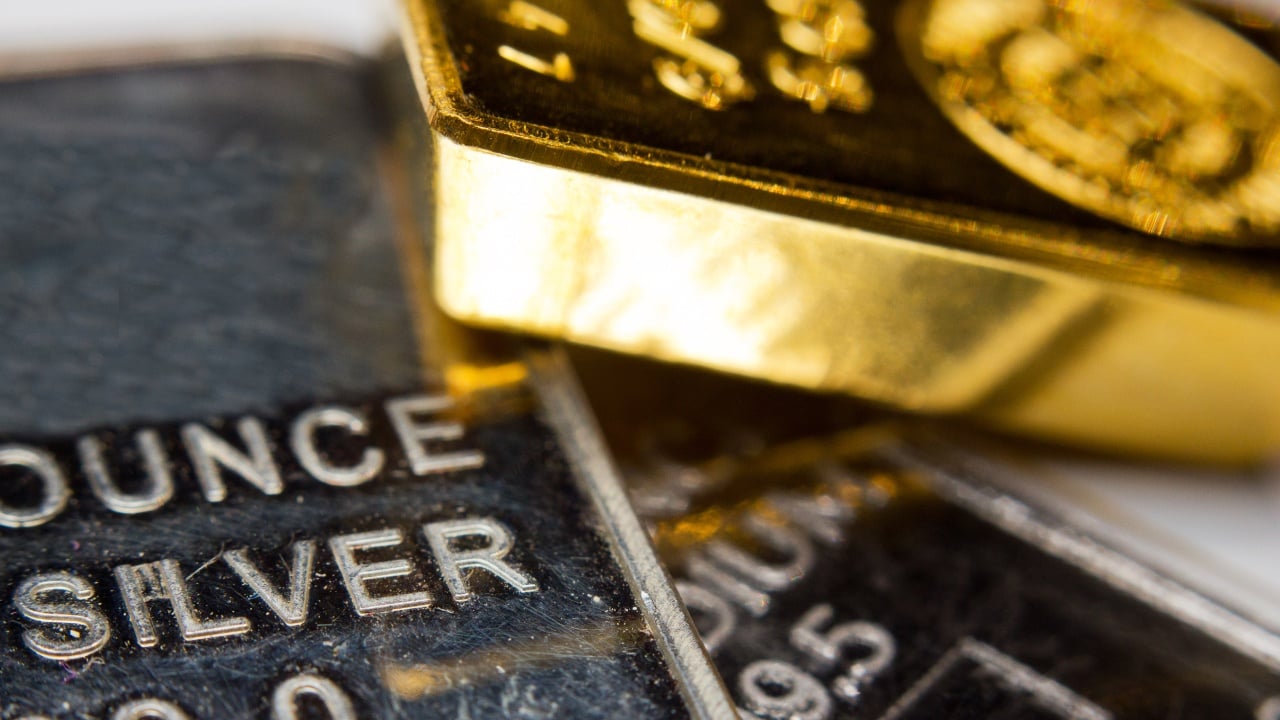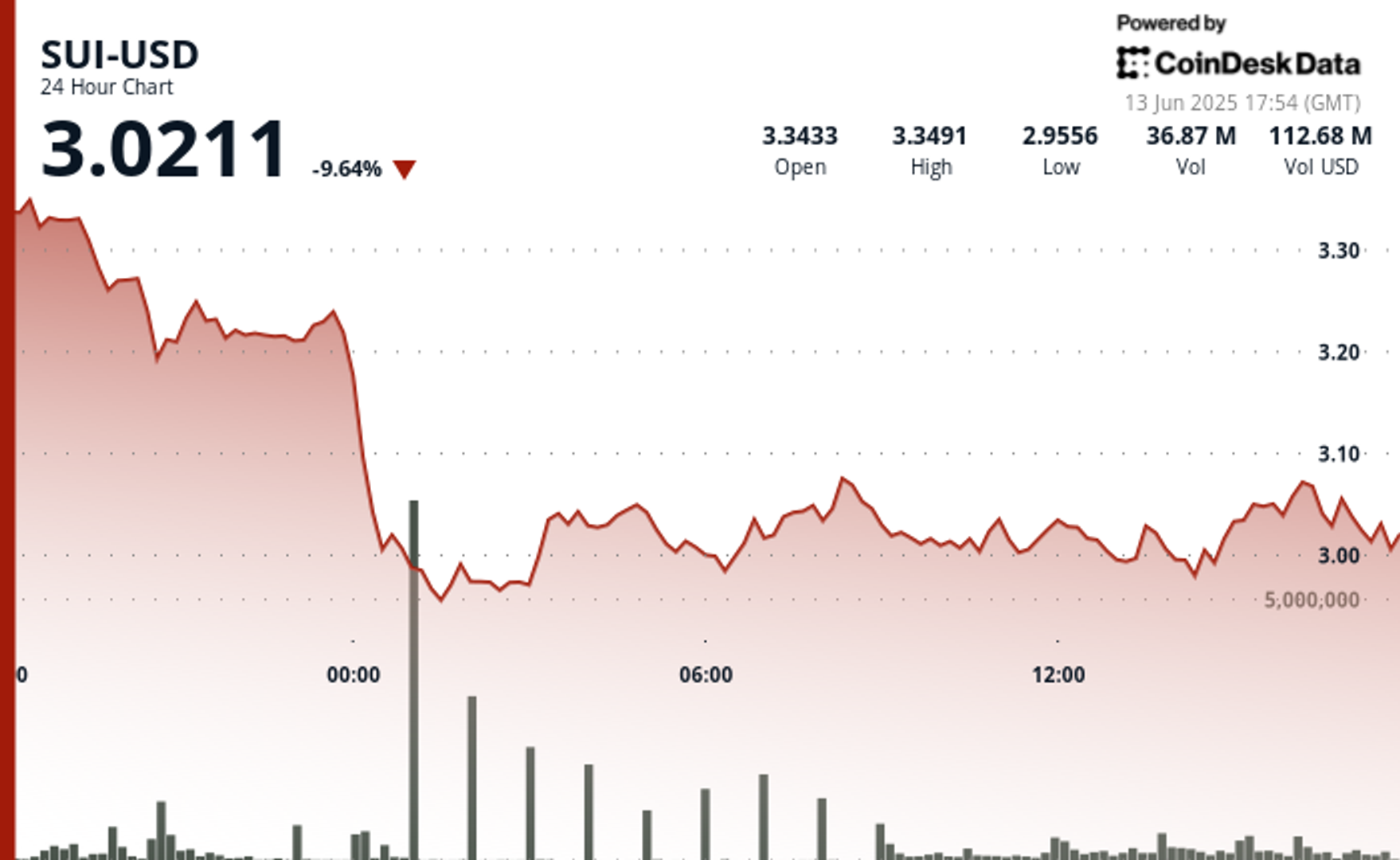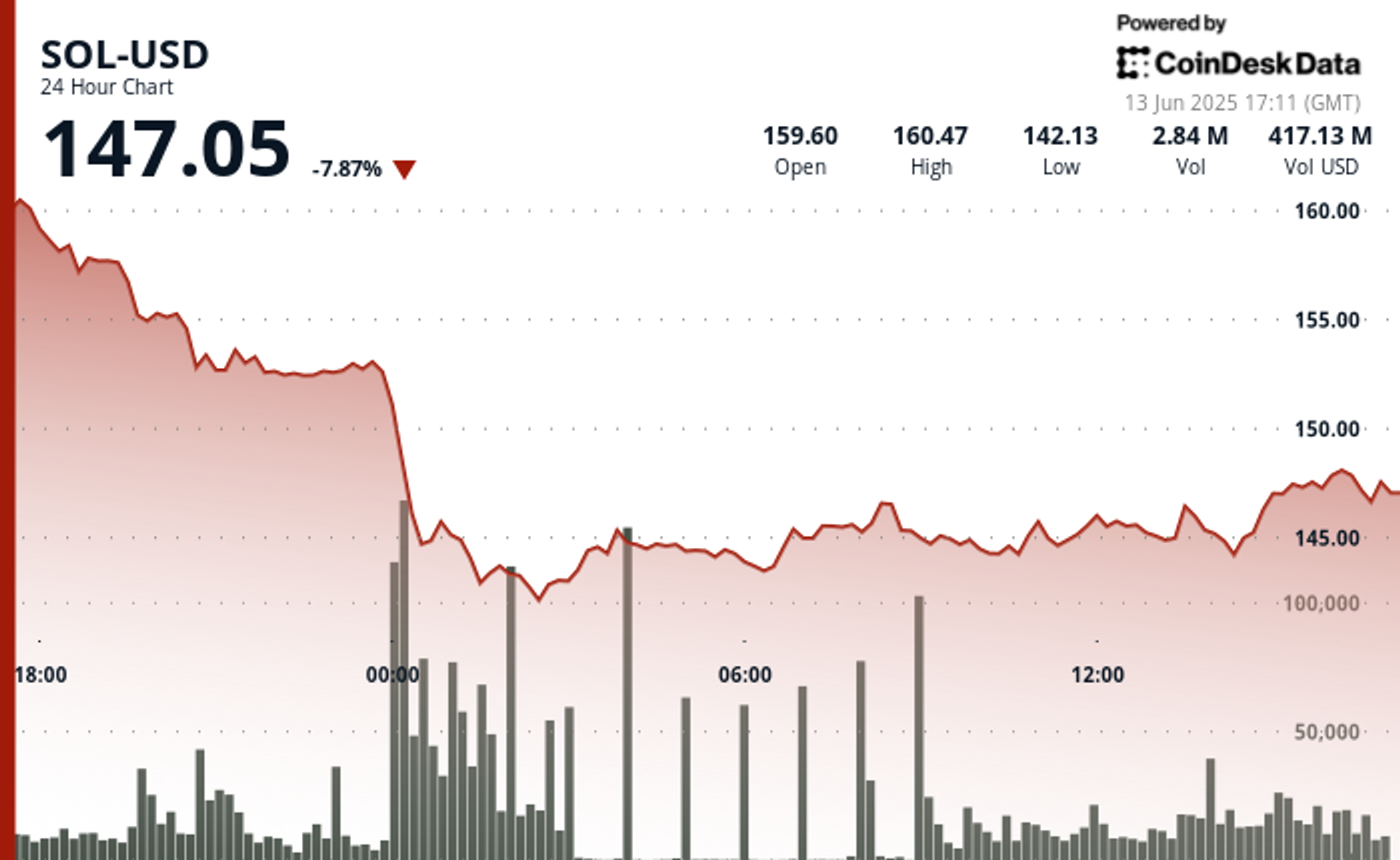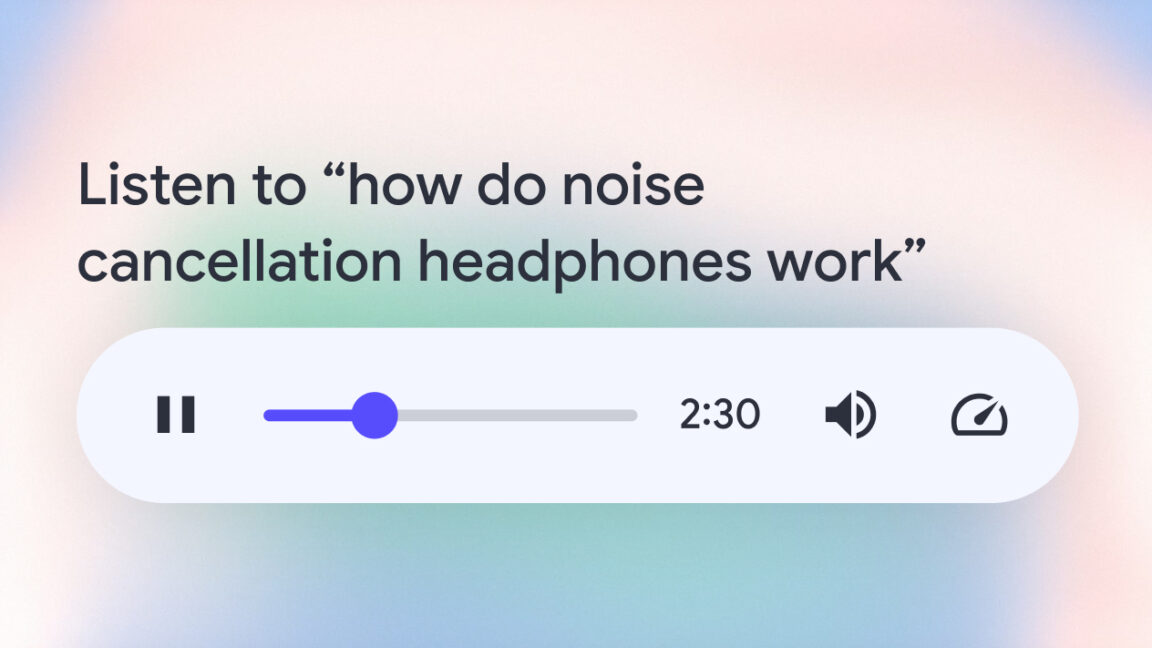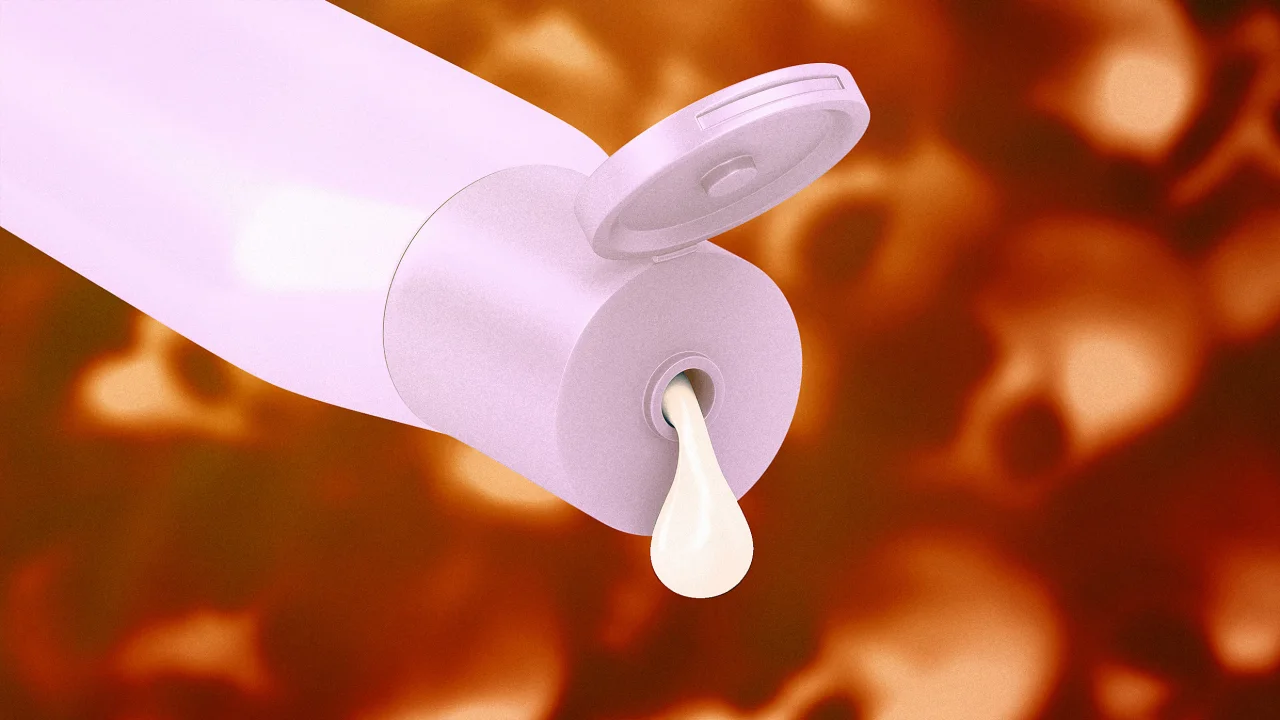If you feel burned out, it might be time to work on quieting your ego
Take a quick look around the office or scan the names of your colleagues on Slack. Two-thirds of your coworkers are feeling burned out. Maybe you are, too. In a survey conducted for Moodle, an e-learning tool, 66% of workers are struggling, citing too much work, not enough resources, and a poor economy. While all these circumstances have a role in burnout, there may be an internal problem also in play, according to Jeffrey Hull and Margaret Moore, coauthors of The Science of Leadership: Nine Ways to Expand Your Impact. Your ego could be too noisy! “A noisy ego describes a person who is constantly thinking about themselves,” Moore says. “They’re asking ‘Am I OK?’ ‘Are they insulting me?’ ‘Am I being positioned correctly?’ It’s a self-referencing, self-oriented noise.” A quiet ego is a term coined by Jack Bauer, a professor of psychology at the University of Dayton, and Heidi Wayment, a professor of psychological sciences at Northern Arizona University. It describes a personality type characterized by being mindful, emotionally intelligent, compassionate, and growth-oriented. “The quiet ego is an evolved person who’s integrated all the noise,” Moore explains. “They’ve been through life. It’s where stress turns into growth; the next stage beyond emotional intelligence of self-awareness and self-regulation.” Why We Shift into the Noisy Ego The noisy ego often gets triggered during a loss of vitality. Perhaps you’re not getting enough sleep or you’re not eating well. “This is a really important transitional moment when the ego could get really noisy and make things difficult,” Hull says. “Your battery is basically drained, and there’s no energy left,” Moore adds. “[Your prefrontal cortex goes offline], and you’ve lost your ability to control things. You can’t blame the individual for all of it. It’s an equal balance of external factors and internal factors, and you can’t get out by yourself.” Being in a crisis can trigger the noisy ego since it pushes you out of the familiar and into reaction mode. It can also stir up emotions that are uncomfortable to handle. You can easily slip into feeling out of control—anxious, afraid, and hopeless. It’s also common to not ask for enough support, believing you can power through. But this can quickly become a place with a lot of negativity and too little positivity, Moore says. Shifting Back into the Quiet Ego Getting yourself out of your noisy ego involves positive psychology. “How do you find gratitude and inspiration?” Moore asks. “How do you get a little bit of upward lift—by socializing or taking a break? You build those positive resources, but you also have to resolve the negative with a friend, a coach, or by journaling.” A good place to start is investigating the noise. When you’re coming from a place of fear, the main negatives are worry, anxiety, sadness, disappointment, and anger. “Look at each of those,” Moore says. “If you’re angry, what are the emotions telling you that you need more? Do you need more safety or stability? Then, how do you meet the needs of those parts of you?” Curiosity is a superpower, but it isn’t accessible with a noisy ego. You need to quiet that energy to be more open and receptive. When you notice symptoms of burnout, Hull recommends reflecting on a time when things were working. “What did it look like?” he asks. “Very successful people wouldn’t be in positions of success if they had always been burned out. They had to come from a place of having done well. But that noisy ego gets in the way, and they forget the gifts and talents and strengths that got them to that place of success.” Hull recommends reflecting on a resource called the resourceful past. “What got you through college? What got you your first job? Or try to remember a time that was really difficult. What did you do to get through that?” he asks. “Those capacities are still there.” The Quiet Ego Is Your Natural State It’s easy to forget what it feels like to have a quiet ego because we live in an overstimulated world. We become so caught up in the noise that we no longer recognize it, seeing it as normal. But the quiet ego is our natural and normal state, Moore says. “Start noticing your heartbeat and your breathing,” she suggests. “It is a place of quiet.” Think about a time when you exhaled and felt calm and in control. This place is a state of stillness, and it can become a refuge you visit when you want to regain control of your mind, Hull says. “The challenge we have in our culture is that we’ve made [stillness] wrong. We think we don’t have time for that, that it’s wasteful. But when you get calmer, you start to explore because your ego is not in the way. “It’s not about having no ego,” he adds. “It’s setting aside the noise. It’s the process of becoming awake to yourself—physically, emotionally, and mentally. Your energy shifts to a calmer place. And from that calmer place, you can access creativity, ideas,
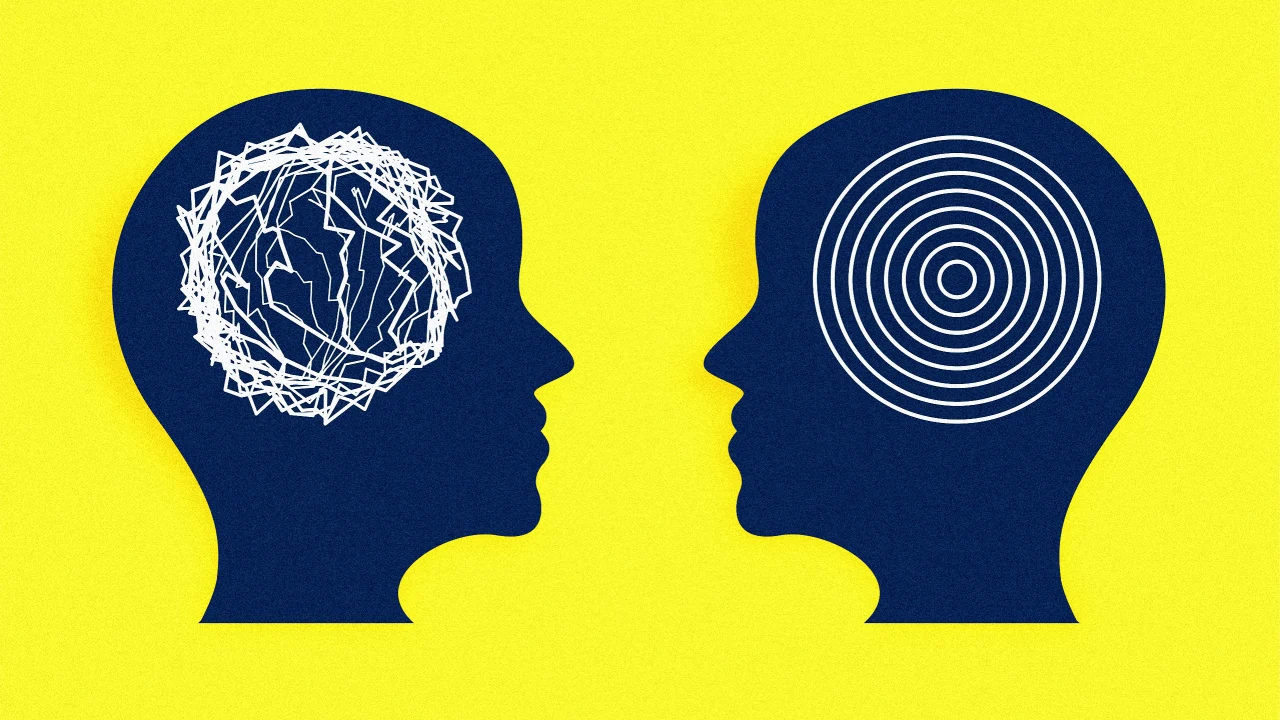
Take a quick look around the office or scan the names of your colleagues on Slack. Two-thirds of your coworkers are feeling burned out. Maybe you are, too. In a survey conducted for Moodle, an e-learning tool, 66% of workers are struggling, citing too much work, not enough resources, and a poor economy.
While all these circumstances have a role in burnout, there may be an internal problem also in play, according to Jeffrey Hull and Margaret Moore, coauthors of The Science of Leadership: Nine Ways to Expand Your Impact.
Your ego could be too noisy!
“A noisy ego describes a person who is constantly thinking about themselves,” Moore says. “They’re asking ‘Am I OK?’ ‘Are they insulting me?’ ‘Am I being positioned correctly?’ It’s a self-referencing, self-oriented noise.”
A quiet ego is a term coined by Jack Bauer, a professor of psychology at the University of Dayton, and Heidi Wayment, a professor of psychological sciences at Northern Arizona University. It describes a personality type characterized by being mindful, emotionally intelligent, compassionate, and growth-oriented.
“The quiet ego is an evolved person who’s integrated all the noise,” Moore explains. “They’ve been through life. It’s where stress turns into growth; the next stage beyond emotional intelligence of self-awareness and self-regulation.”
Why We Shift into the Noisy Ego
The noisy ego often gets triggered during a loss of vitality. Perhaps you’re not getting enough sleep or you’re not eating well. “This is a really important transitional moment when the ego could get really noisy and make things difficult,” Hull says.
“Your battery is basically drained, and there’s no energy left,” Moore adds. “[Your prefrontal cortex goes offline], and you’ve lost your ability to control things. You can’t blame the individual for all of it. It’s an equal balance of external factors and internal factors, and you can’t get out by yourself.”
Being in a crisis can trigger the noisy ego since it pushes you out of the familiar and into reaction mode. It can also stir up emotions that are uncomfortable to handle. You can easily slip into feeling out of control—anxious, afraid, and hopeless. It’s also common to not ask for enough support, believing you can power through. But this can quickly become a place with a lot of negativity and too little positivity, Moore says.
Shifting Back into the Quiet Ego
Getting yourself out of your noisy ego involves positive psychology. “How do you find gratitude and inspiration?” Moore asks. “How do you get a little bit of upward lift—by socializing or taking a break? You build those positive resources, but you also have to resolve the negative with a friend, a coach, or by journaling.”
A good place to start is investigating the noise. When you’re coming from a place of fear, the main negatives are worry, anxiety, sadness, disappointment, and anger. “Look at each of those,” Moore says. “If you’re angry, what are the emotions telling you that you need more? Do you need more safety or stability? Then, how do you meet the needs of those parts of you?”
Curiosity is a superpower, but it isn’t accessible with a noisy ego. You need to quiet that energy to be more open and receptive. When you notice symptoms of burnout, Hull recommends reflecting on a time when things were working. “What did it look like?” he asks. “Very successful people wouldn’t be in positions of success if they had always been burned out. They had to come from a place of having done well. But that noisy ego gets in the way, and they forget the gifts and talents and strengths that got them to that place of success.”
Hull recommends reflecting on a resource called the resourceful past. “What got you through college? What got you your first job? Or try to remember a time that was really difficult. What did you do to get through that?” he asks. “Those capacities are still there.”
The Quiet Ego Is Your Natural State
It’s easy to forget what it feels like to have a quiet ego because we live in an overstimulated world. We become so caught up in the noise that we no longer recognize it, seeing it as normal. But the quiet ego is our natural and normal state, Moore says.
“Start noticing your heartbeat and your breathing,” she suggests. “It is a place of quiet.”
Think about a time when you exhaled and felt calm and in control. This place is a state of stillness, and it can become a refuge you visit when you want to regain control of your mind, Hull says. “The challenge we have in our culture is that we’ve made [stillness] wrong. We think we don’t have time for that, that it’s wasteful. But when you get calmer, you start to explore because your ego is not in the way.
“It’s not about having no ego,” he adds. “It’s setting aside the noise. It’s the process of becoming awake to yourself—physically, emotionally, and mentally. Your energy shifts to a calmer place. And from that calmer place, you can access creativity, ideas, and curiosity.”





![X Highlights Back-To-School Marketing Opportunities [Infographic]](https://imgproxy.divecdn.com/dM1TxaOzbLu_kb9YjLpd7P_E_B_FkFsuKp2uSGPS5i8/g:ce/rs:fit:770:435/Z3M6Ly9kaXZlc2l0ZS1zdG9yYWdlL2RpdmVpbWFnZS94X2JhY2tfdG9fc2Nob29sMi5wbmc=.webp)



